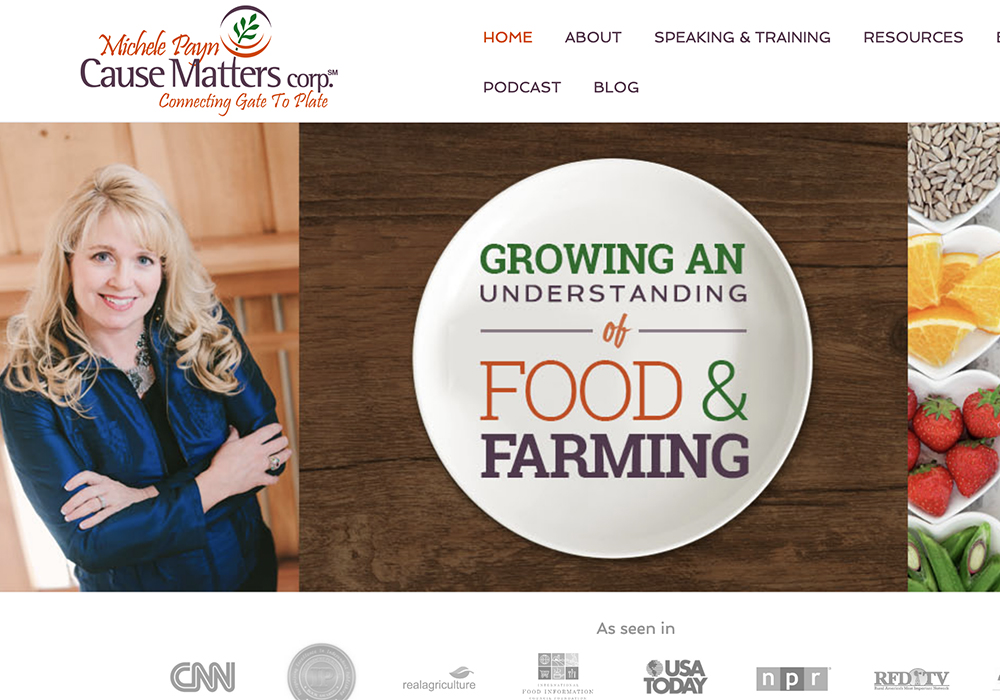Food bullying creates fear, shame and questions that farmers and ranchers have to be able to handle without becoming bullies themselves, says Michele Payn, a dairy farmer and founder of Cause Matters Corp. in Indiana.
The professional speaker who specializes in agriculture said organizations and influencers shame people for food choices while creating fear about farming practices.
“I personally believe that food should be about celebration, not condemnation, and when you look at food bullying it takes away the opportunity to celebrate where we are in agriculture,” Payn told the Saskatchewan Beef Industry Conference.
Read Also

Europe holds promise for Canadian lentils
Pulse Canada is trying to help boost lentil consumption in Europe, which is already the fourth largest market.
She said people who operate from a place of privilege use misinformation and confusion to create fear about food.
Examples include GMOs in plants and implants in beef.
“There’s a wide variety of products and practices that have been changed and removed because of the way that bullies have spread misinformation and disinformation,” Payn said.
She said farmers and others involved in agriculture could be bullies, too, if they don’t respect others’ choices. Vegans feel bullied often, she added.
She cautioned farmers to be careful because they may think they know something, and like to judge, but don’t know as much as they think.
She displayed a list of ingredients that most would deem unpronounceable and unidentifiable chemicals and asked participants in the virtual conference to identify which food it was. It was an egg.
Payn said some of the large organizations that would be considered food bullies have millions of social media followers. Surveys have shown that through the pandemic people’s trust in farmers and farming has grown over celebrities and sports figures.
“We need to really leverage that growing trust because if we don’t the fear of the unknown is absolutely leveraged by the bullies,” she said.
One way to do that is to tap into the emotional side of the brain. Research has found there are subjects the brain recognizes differently.
Information considered acceptable is processed in one part of the prefrontal cortex while information that is frightening is processed in another area.
Things like sustainability and animal welfare are processed in the part of the mind that accepts positive things, she said, but antibiotics, GMOs and hormones are considered threats.
She said farmers who want to answer questions about these topics have to relate them back to what the mind will accept. GMOs could be relayed as something that helps farmers be more sustainable, for example.
This doesn’t mean farmers have to overwhelm others with science. Payn said people in the industry tend to want to educate people, but would do better to take off their farmer and rancher hats and start a conversation based on emotion.
“It’s critical to understand that you are the most authentic image for agriculture,” she said.
















